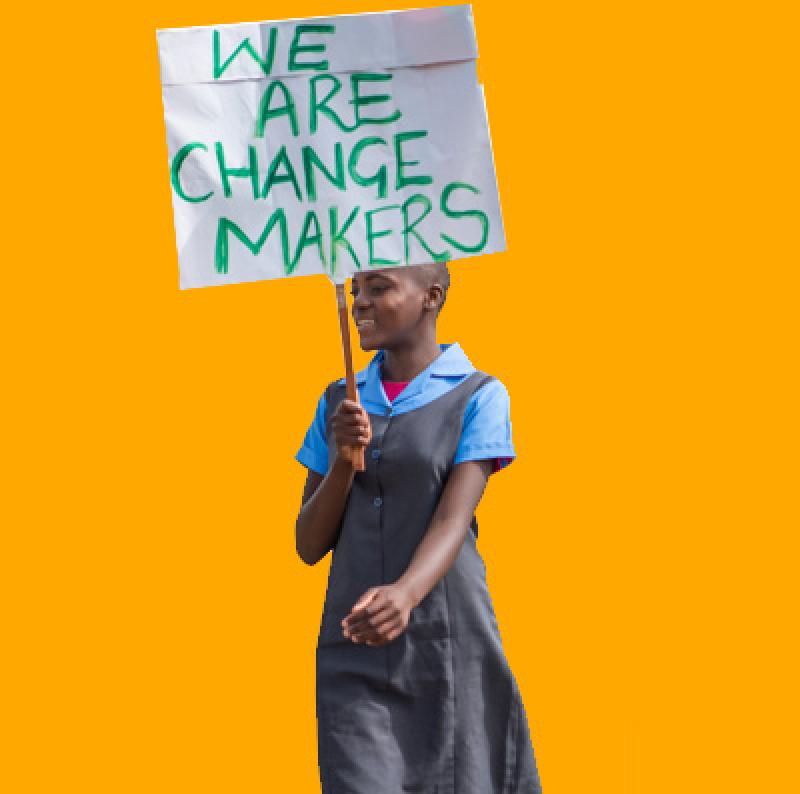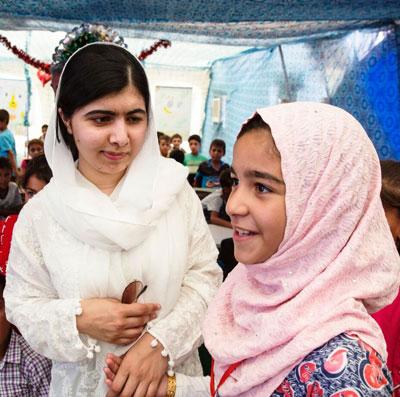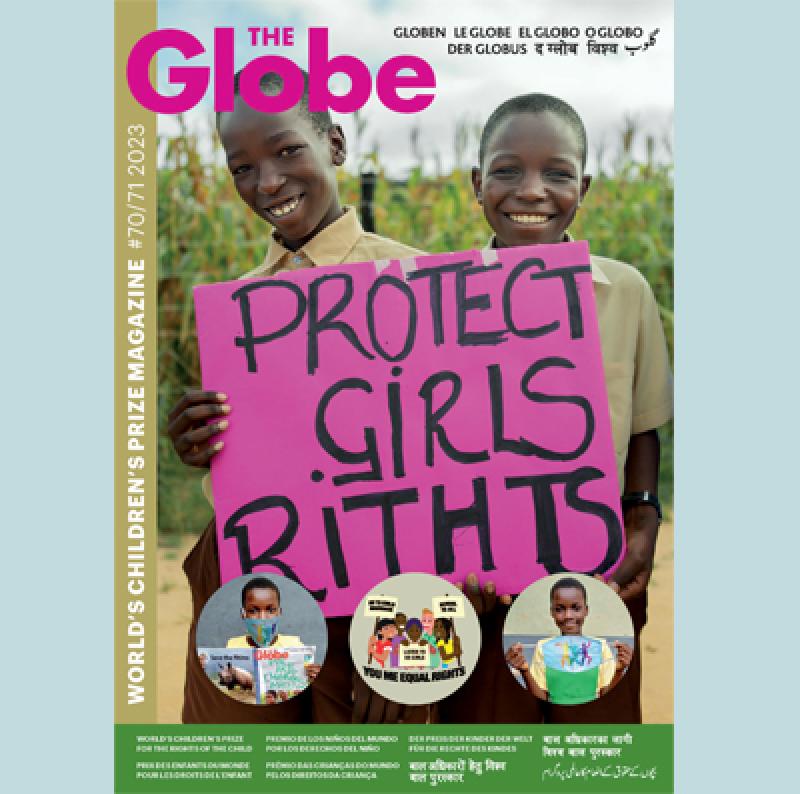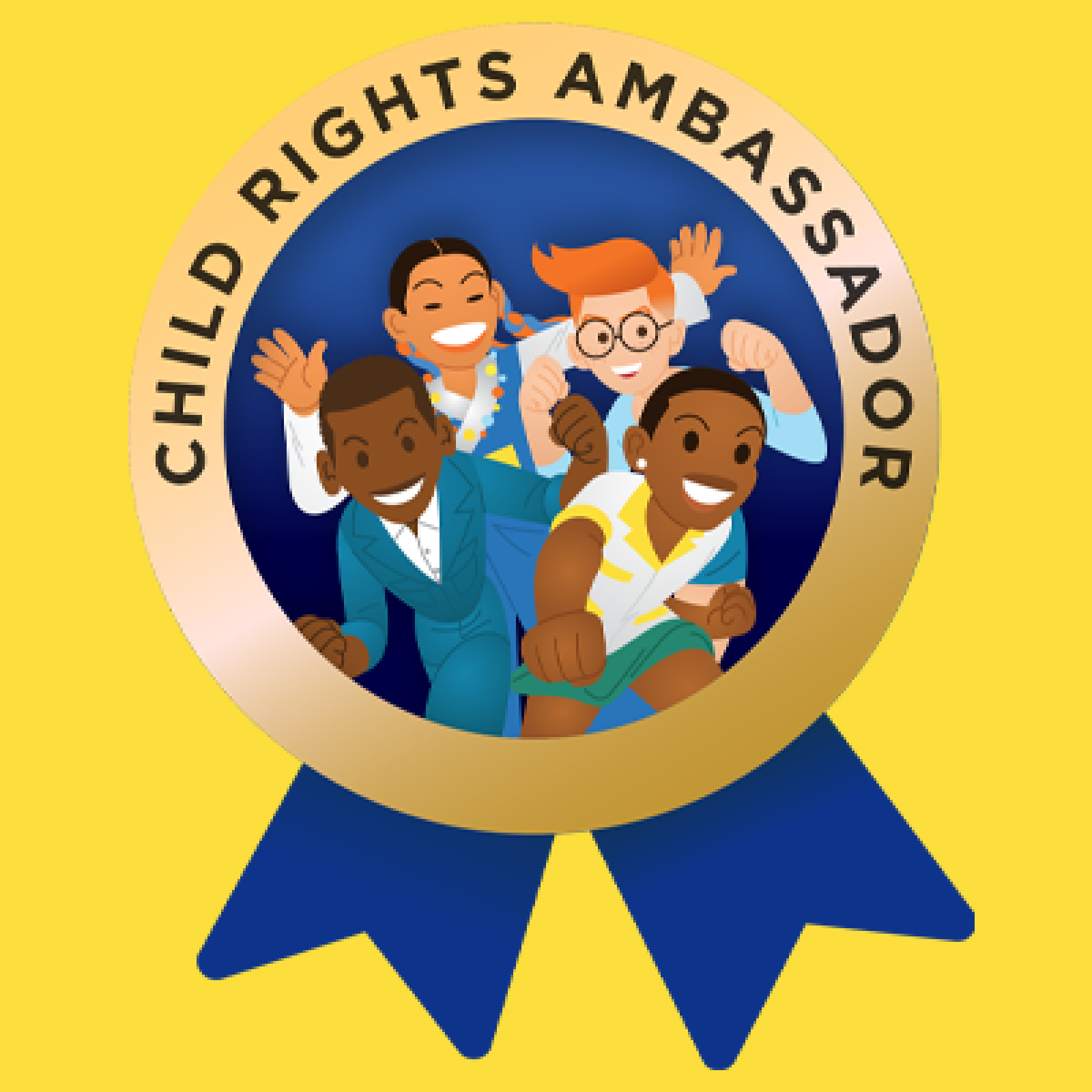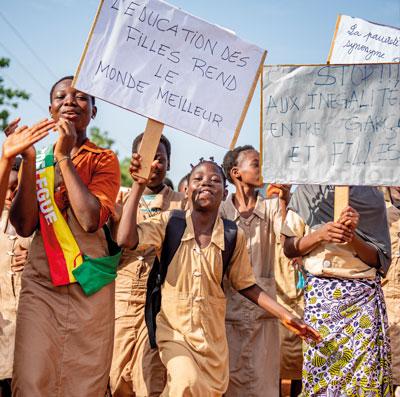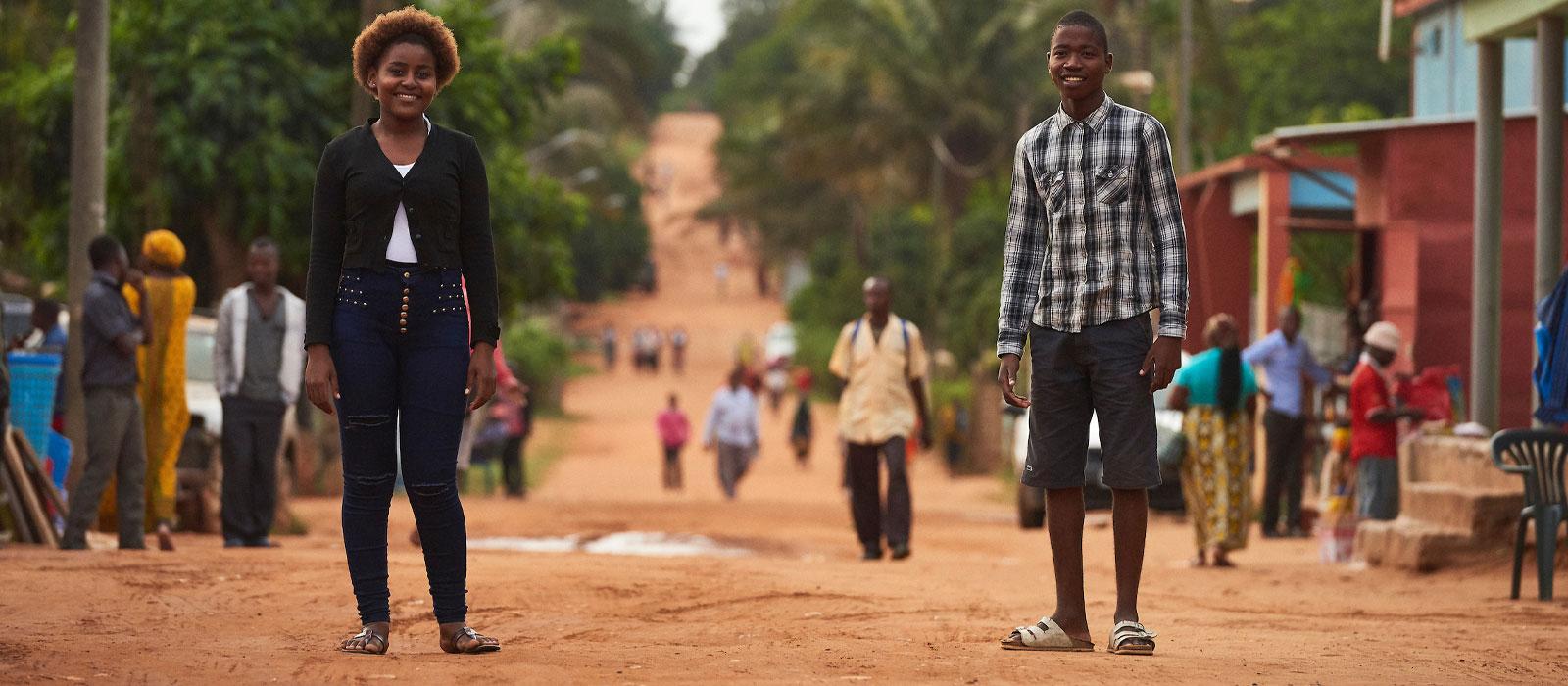
47 MILLION CHILDREN
have been EDUCATED &
EMPOWERED
have been EDUCATED &
EMPOWERED
76,000 schools in 120 countries have got behind
the World’s Children’s Prize since year 2000

